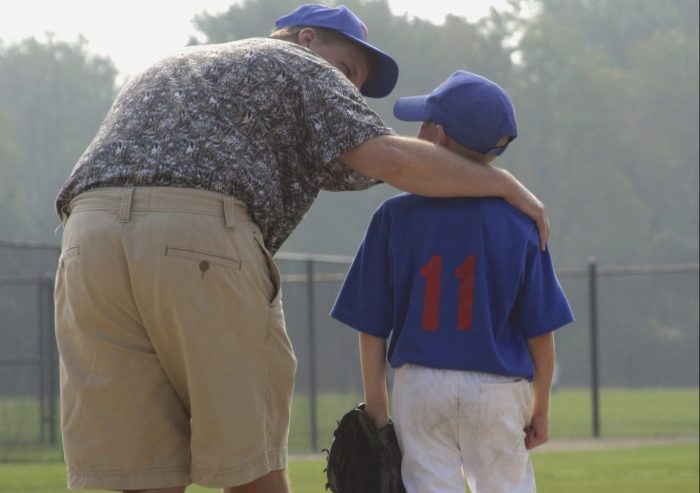D. None of the Above: Better is preferable to perfect
By Daniel Dunaief

Have you seen images of the Greek gods on Mt. Olympus?
Sure, some of them looked like they were having fun, like Dionysus, while others were out hunting or frolicking, annoying their spouses and causing all kinds of havoc on the Earth below.
But when they weren’t getting ready for an intractable war with each other or with the Titans, they seemed bored.
Perfection wasn’t all that inspirational, peaceful or enjoyable.
Maybe the Greeks knew a thing or two about perfection. Maybe we shouldn’t crave or want perfection from our kids, particularly on the verge of the new academic year.
Mistakes provide an opportunity to learn, while adversity also offers a chance to grow and develop resilience.
Failing, striking out, falling down, biting our lips or tongue, saying the wrong thing at the wrong time, and getting a question or two wrong on a test provide opportunities to learn.
Your kids and mine are bound to get something wrong. The question doesn’t need to be a reflexive, “why did you get that wrong?” The better question is: “how will you respond to that moment?”
I have been at baseball games where parents are at their worst when their children don’t perform as they (the parents) would like. One parent, who coached with me when his child was around 11 years old, screamed at him for not swinging at a called third strike.
The other kids on the bench looked horrified, while the child sat off by himself at the corner of the bench.
The error didn’t happen between the lines. It happened on the bench when the father made a potential learning experience uncomfortable.
Change and growth can be painful. Parents, teachers and friends shouldn’t compound the discomfort.
I definitely live in a glass house. When I evaluate my parenting skills, I recognize deficiencies and have tried to improve.
I have told my children that I recognize that I made mistakes when I’ve said the wrong thing to them.
Maybe, before the new academic year begins, it’d help to have a conversation with our kids about the role they would like us to play. This may turn into something of a negotiation, as interactions with children often are, but at least we can have an idea before we repeat patterns that may not work for our children, of what they’d prefer.
It took me a long time to ask my daughter what she’d like me to say in response to moments of adversity.
Letting our children make every decision won’t always lead to the best outcome. They might, for example, prefer to eat cookies for breakfast and cake for dinner.
Giving them a chance, however, to suggest ways we can do exactly what we’re trying to accomplish, by supporting them, encouraging them, and helping them improve, may create a better and healthier dynamic for them.
The pursuit of perfection is tiring and is bound to lead to disappointment. Chasing ways to be better, however, and seeing growth opportunities can be rewarding.
We as parents made countless mistakes when we were our children’s age. We can’t prevent them from making mistakes. While we might also share stories about the discomfort brought on by our errors, we can’t even prevent them from doing the same stupid, inappropriate, ill-advised and awkward things we did, no matter how much we plead with them to learn from us.
What made those Greek gods so compelling were the stories of their imperfections. I’m not sure they learned from their mistakes, but, as the Greek chorus suggests in tragedies, maybe we can.






